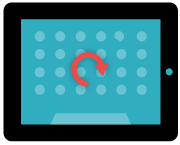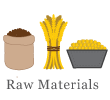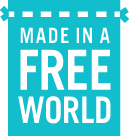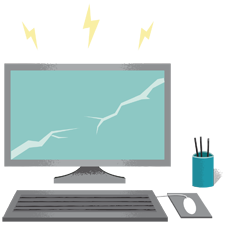This site works best in landscape
Please rotate your iPad
 Continue
Continue 

likely contains cotton that was picked by children in Uzbekistan who are forced to trade their school days for days in the fields.

has capacitors that are made with Coltan. 64% of Coltan reserves are located in Congo where child laborers are work from sunrise to sunset.

Your Coffee may contain beans that were harvested and cultivated by slaves in Côte d'Ivoire.

|

|

|

|

|

|

|

|

|




your slavery footprint by taking our survey.

your results and encourage your friends to do the same.

buy encouraging brands to leverage their buying power to protect people from slavery














 |
 |
 |
 |
 |

|
 |
